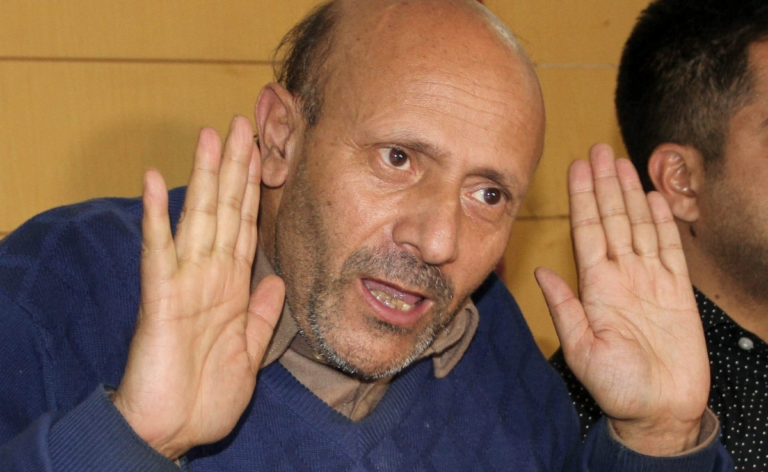

The bench referred to the “repeated nature of breaches” coupled with severity of violations by the unit.
New Delhi:
In a jolt to Vedanta Limited, the Supreme Court on Thursday dismissed its plea for reopening of its copper smelting plant in Tamil Nadu’s Thoothukudi, closed since May 2018 over pollution concerns, while underlining the importance of health and welfare of the local residents.
A bench headed by Chief Justice DY Chandrachud dismissed Vedanta’s Special Leave Petition (SLP) against the August 18, 2020, verdict of the Madras High Court which had rejected the mining giant’s plea for allowing the Sterlite Copper unit to reopen.
The verdict came days after the Supreme Court proposed to set up a panel of domain experts to inspect the unit and suggest further compliances and the way forward, saying shutting down a plant of “national importance” will not serve anybody’s purpose.
While observing that the closure of the plant was undoubtedly not a matter of first choice, the bench referred to the “repeated nature of breaches” coupled with “severity” of violations by the unit.
“The health and welfare of the residents of the area is again a matter of utmost concern and in the ultimate analysis, the state government is responsible for preserving and protecting their concerns,” said the bench, also comprising justices J B Pardiwala and Manoj Misra.
“We have heard these proceedings for several days and after careful evaluation of the factual and legal material, we have come to the conclusion that the Special Leave Petition (SLP) by the industrial unit shall not warrant interference under Article 136 of the Constitution. For the above reasons, the SLP shall stand dismissed,” it said.
The plant has been closed since May 2018 after 13 people were killed as police opened fire to quell a protest over the alleged pollution caused by it.
Reacting to the Supreme Court verdict, Tamil Nadu Chief Minister M K Stalin wrote on ‘X’: “The Supreme Court has delivered a historic verdict upholding the closure of Sterlite in Thoothukudi due to the strong arguments placed by our government which shattered all the contentions of the factory management”.
“This is a victory for the people who continuously opposed the toxic unit and the determined legal struggle of our government. We will protect people from any kind of danger,” he wrote.
The bench observed it was conscious that the unit had been contributing to the productive assets of the nation and generating employment, but the court has to be mindful of the well-settled principles including principles of sustainable development, the polluter-pays principle, and the public trust doctrine.
While referring to the history of the case in which the Supreme Court had passed orders earlier also, the bench noted that the hearing before the high court had spanned 42 days and it had rendered a verdict on all factual and legal aspects.
The bench noted it was of the view that the areas which are a matter of serious concern include the failure of the petitioner at the material time to remove the copper slag which was dumped indiscriminately at almost 11 sites in the vicinity, including private land adjoining a river.
“We are not inclined in the exercise of the jurisdiction under Article 136 of the Constitution to re-appreciate the findings of facts which have been arrived at by the high court,” it said.
Article 136 deals with the Supreme Court’s powers to grant special leave to appeal against any judgment, decree sentence or order in any matter passed by any court or tribunal across the country.
The bench also dismissed a separate plea filed by the Tamil Nadu Pollution Control Board (TNPCB) which was aggrieved by some observations made against it by the high court.
Tamil Nadu leaders including PMK founder S Ramadoss, MDMK leader Vaiko and the CPI (M) state unit also welcomed the verdict.
Thoothukudi, formerly known as Tuticorin, is an industrial city in Thoothukudi district of Tamil Nadu.
During the earlier arguments before the Supreme Court, senior advocate Shyam Divan, appearing for Vedanta, while suggesting the way forward, had said the court may appoint a committee of experts comprising representatives of the ministry of environment, forests and climate change, National Environmental Engineering Research Institute, Central Pollution Control Board, IIT, TNPCB, Vedanta and three independent experts.
At least 13 people were killed and many injured on May 22, 2018, when police opened fire on a huge crowd of people protesting against pollution allegedly caused by the copper smelting unit and its proposed expansion.
Subsequently, the Tamil Nadu government and the TNPCB ordered closure of the mining group’s plant over pollution concerns.
(Except for the headline, this story has not been edited by NDTV staff and is published from a syndicated feed.)




